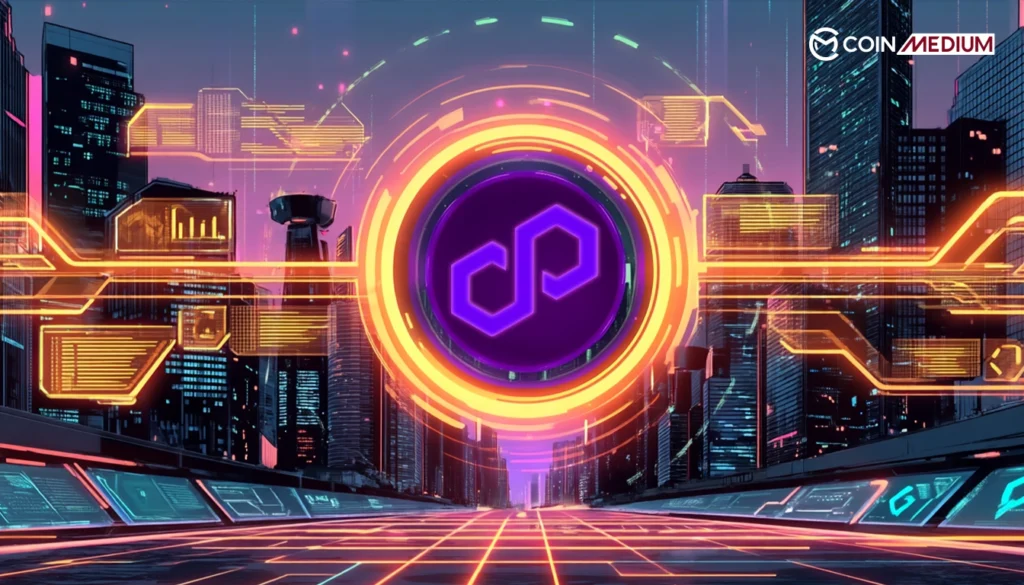In the rapidly evolving earth of blockchain, Polygon has appeared as a game-changer, specifically for fanatics thinking about decentralized financing (DeFi) and non-fungible tokens (NFTs). This manual can help beginners realize the important thing benefits and importance of applying Polygon, placing a good base to plunge in to these fascinating ecosystems.

Polygon is really a Layer 2 running answer developed to enhance the Ethereum blockchain's rate and lower transaction costs. While Ethereum remains the leading system for DeFi and NFTs, its system congestion and high gas costs frequently discourage new users. Polygon addresses these challenges by offering faster purchase times and considerably decrease costs, which makes it a great gateway for newcomers.
Among the biggest features of using Polygon in the DeFi place is its scalability. DeFi programs, such as for instance decentralized transactions, lending systems, and generate farming standards, demand large throughput and successful handling of various transactions. Polygon's structure allows these tools to use smoothly minus the delays and prices common on the Ethereum mainnet. That increased person knowledge encourages more visitors to take part in DeFi, boosting liquidity and development within the ecosystem.
More over, Polygon's compatibility with Ethereum's infrastructure suggests developers can quickly port their existing tasks onto the Polygon network without starting from scratch. That interoperability fosters a broad and varied environment, letting customers use of a wide selection of DeFi companies while benefiting from faster and cheaper transactions.
As it pertains to NFTs, Polygon provides a very beautiful environment for designers and collectors alike. Minting, buying, and offering NFTs on Polygon is significantly cheaper in comparison to Ethereum's mainnet, which supports reduce barriers for artists, gamers, and digital collectors. Decrease purchase expenses turn to raised profitability for makers and more repeated trading for collectors, fueling lively marketplaces.
In addition, Polygon supports easy cross-chain communications, indicating users can certainly transfer resources between Ethereum and Polygon, mixing the safety of Ethereum with the performance of Polygon. That flexibility is important for customers who would like the very best of equally sides — powerful protection and rapidly, cost-effective transactions.

The significance of Polygon in democratizing access to DeFi and NFTs can't be overstated. It enables more individuals all over the world to examine blockchain engineering with no limits asked by high expenses or gradual networks. As adoption develops, Polygon's ecosystem continues to expand, giving new possibilities and revolutionary options for equally users and developers.
Realization
For newbies looking to enter the realms of DeFi and NFTs, Polygon sticks out as an accessible, efficient, and cost-effective solution. Their scalability, minimal charges, and compatibility with Ethereum ensure it is an essential software proper wanting to take part in blockchain's next wave. By using Polygon, people may enjoy easier transactions and tap into a flourishing ecosystem designed to empower the ongoing future of decentralized fund and digital assets.
